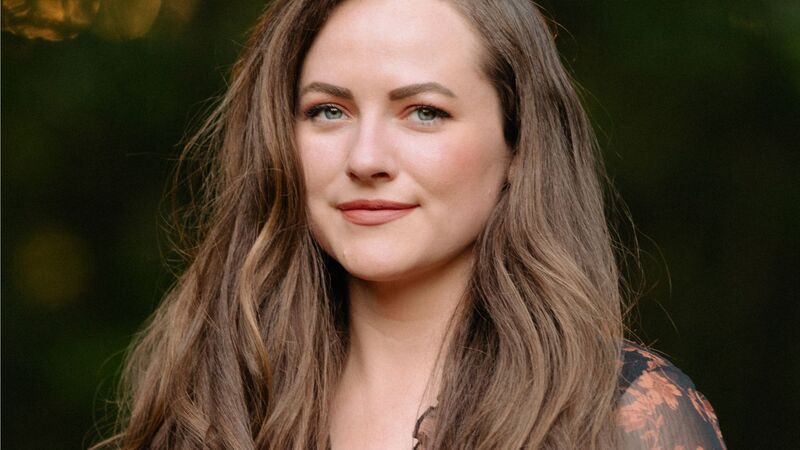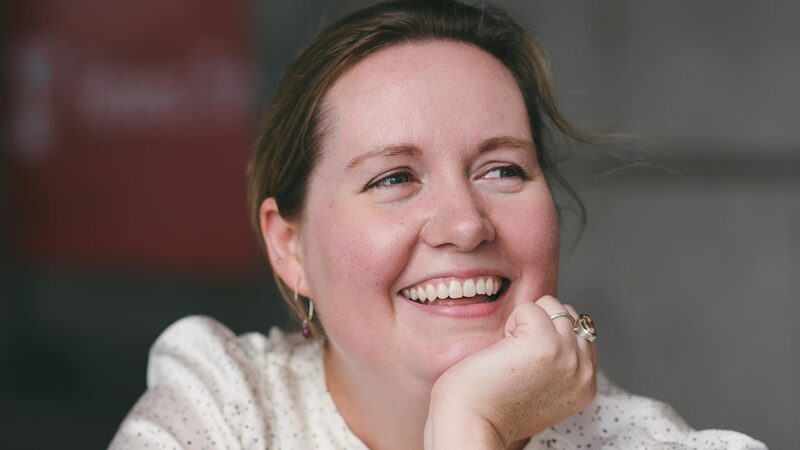You are viewing your 1 free article this month. Login to read more articles.
How I went back to The Age of Innocence
Last summer I went to The Mount, Edith Wharton’s former home in Lenox, Massachusetts. Three hours west of Boston, Lenox had been a literary destination long before she moved there, and it has remained one of New England’s cultural epicentres – the locals immortalised by Norman Rockwell, the summer evenings stirred by the extraordinary series of musicians who are drawn to the Berkshires for the Tanglewood Music Festival each summer.
But the Wharton house had its own influence – it was the first place that Teddy and Edith Wharton chose to build rather than simply renovate a home in the early years of the 20th century, and their investment endorsed the town as a new destination for New York’s upper classes.
More than a century later, I went to The Mount on a sort of pilgrimage – to nose around the home of an author I have long admired, and whose work has had such a direct influence on my own. My first novel, The Innocents, is a contemporary recasting of what is arguably Wharton’s magnum opus, The Age of Innocence. Written by an author at the height of her powers – first flames subsided but rage still burning at a white heat – it was the novel for which she won the Pulitzer in 1921, the first woman ever to do so - and fearlessly dissected the upper class New York society she knew so well.
The Nation wrote of it: "Mrs Wharton’s triumph is that she had described these rites and surfaces and burdens as familiarly as if she loved them and as lucidly as if she hated them,’ and it is precisely that contradiction that makes it such a compelling portrait. In earlier novels – most notably The House of Mirth, that other contender for her greatest work, the love is much less evident. But The Age of Innocence is both fierce satire and elegy.
Had I considered it beforehand, I would have dismissed the idea of appropriating such a beloved American classic as the height of chutzpah. The idea would never have crossed my mind under most normal circumstances. But I read it during a period in which I happened to be living in New York, at a remove from the north west London Jewish community in which I grew up, and I felt such an instant recognition that I could no longer imagine writing anything else. The social pressures of 1870s haute New York were almost identical to those of contemporary Golders Green – and what a strange thought that was. It was an incomparable vehicle for an affectionate, and I hope funny, portrait of a world I know intimately.
At the core of Wharton’s novel, and subsequently of mine, is a timeless, universal dilemma: a young man’s struggle to differentiate between the life that he wants and the life that is wanted for him. Around him the society observes, supports and judges in equal measures, a powerful blend of security and claustrophobia that will be familiar to anyone who has grown up in a place in which lives are so interconnected – any close community, or simply a small town. There are so many settings in which one could tell the same story but I chose to bring it back home, to the neighbourhood in which I was raised. It is a community with great strengths; warm, tightly knit, politically liberal and socially conservative.
It can also be, like many places, intermittently ridiculous. Adam Newman has finally proposed to Rachel Gilbert after more than a decade together, much to the relief of her parents, who adore him and who have been waiting, somewhat impatiently, for him to make it official. Rachel is everything Adam had ever imagined in a wife, and he has long been considered a member of her family – he already works for her father – and a comfortable, settled life awaits him, secure at the heart of their community.
But Rachel’s cousin Ellie, back home after years of causing trouble in New York, threatens to destabilise all of these careful, sensible plans. Adam disapproves of almost all of Ellie’s choices, and yet comes to realise that she represents everything missing from his own life. As the wedding plans gather momentum, Adam begins to question all of his presumptions, struggling to disentangle his own true feelings. Adam’s dilemma (and Newland Archer’s, before him) resonated with what I had observed among my peers, each of us navigating between safety and independence; balancing the conflicting pressures of responsibility and freedom.
Edith Wharton would have been 150 this year, and yet there are still certain social milieus in which the issues that preoccupied her have barely dated. My own take is gentler, I believe, and my feelings about the world I have depicted are warmer than hers were. But for the foundations of The Innocents, I owe Mrs Wharton a great deal.
The Innocents by Francesca Segal is published by Chatto & Windus on 3 May















